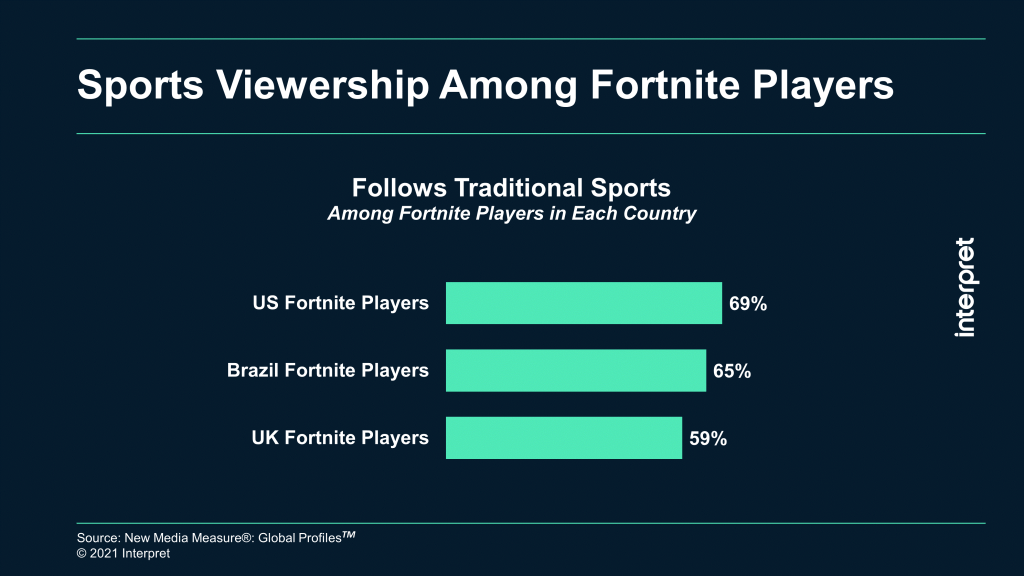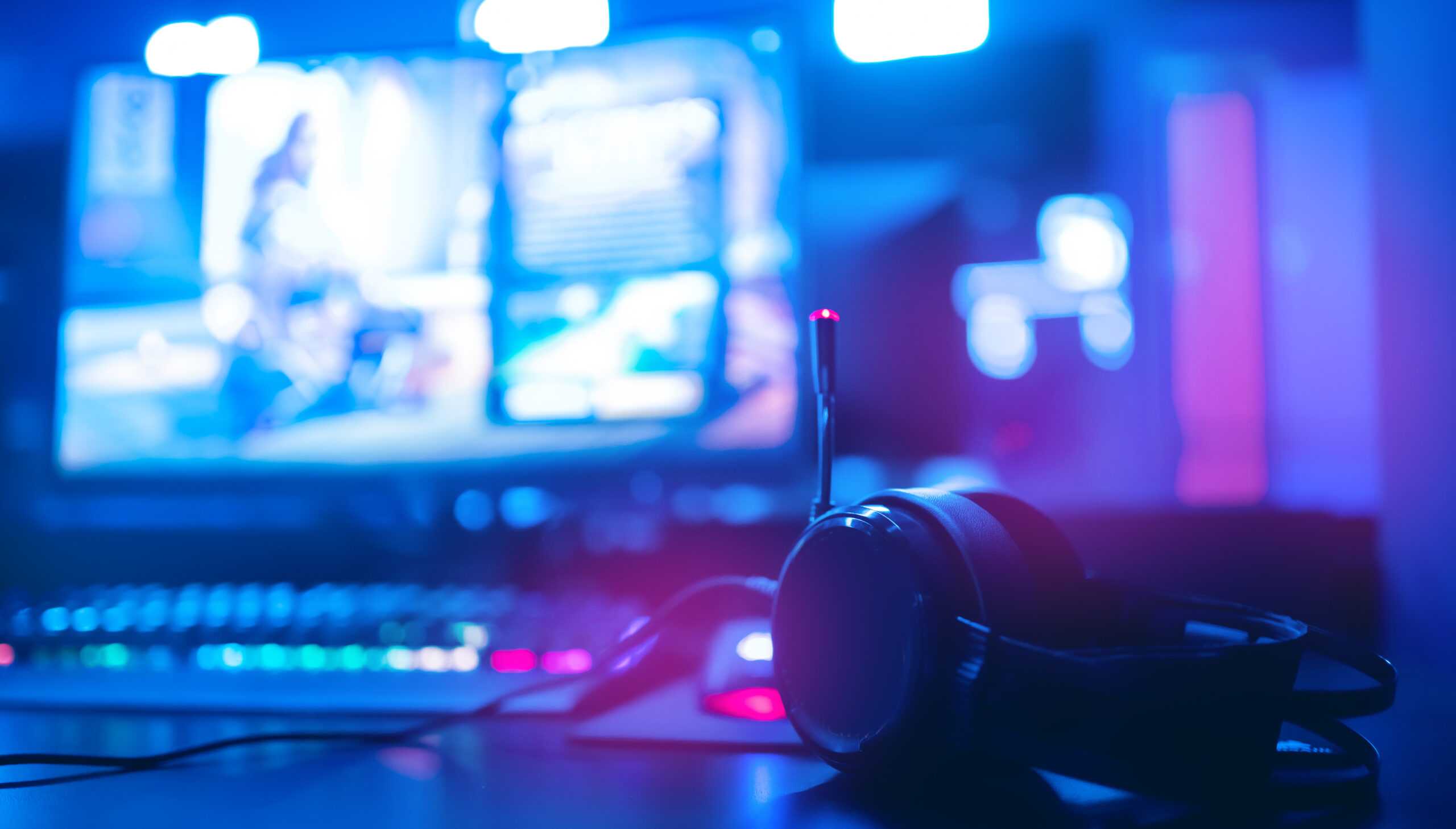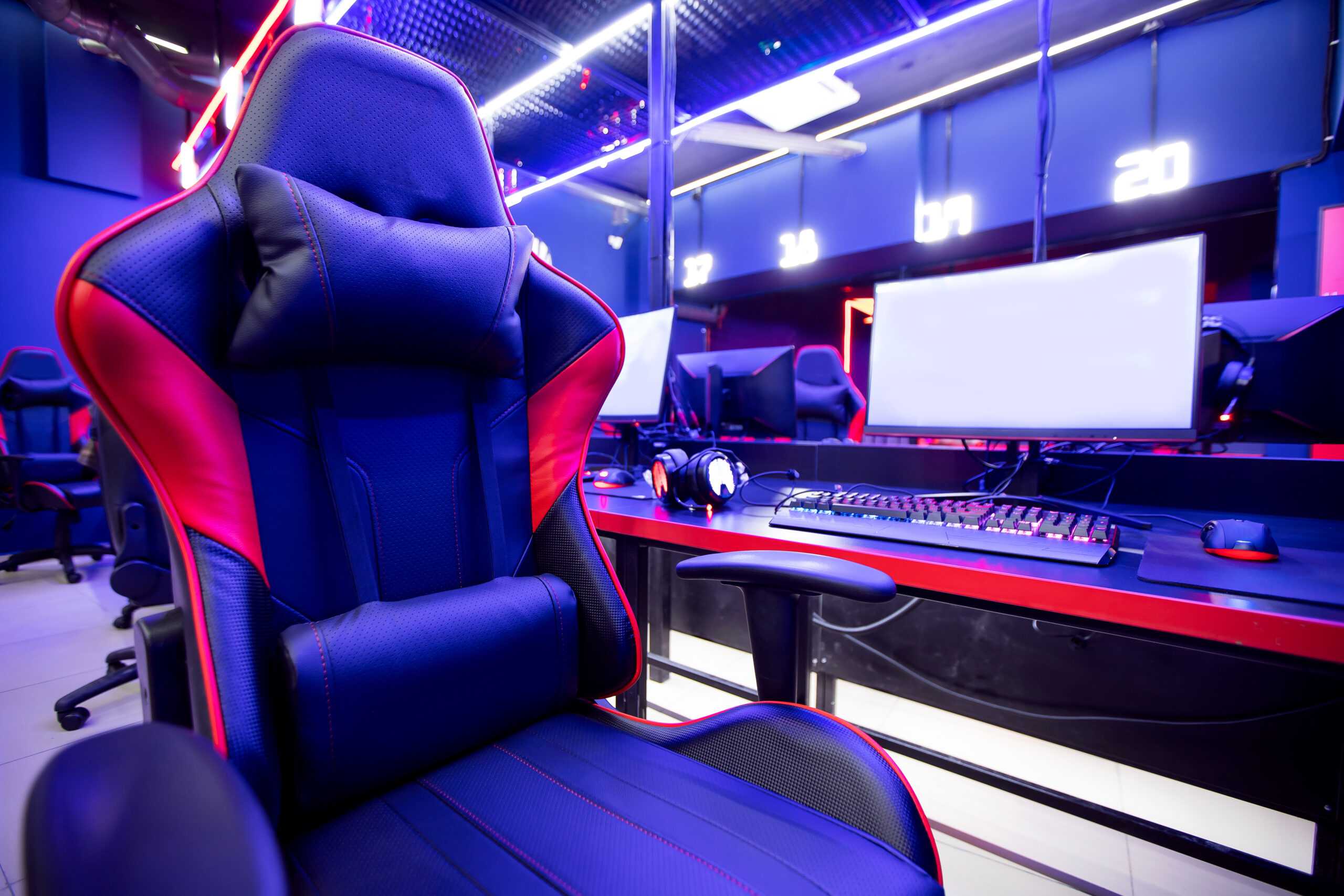Having already partnered with the NFL to offer in-game Gridiron Gang outfits in Fortnite for all 32 teams, Epic Games has once again emerged from a huddle to offer something new for football fans. In partnership with Verizon and BeyondCreative, Epic launched a Verizon 5G Stadium in Fortnite’s Creative mode, which lets fans compete for prizes and interact with NFL players and pro gamers.
On February 2nd and 5th, just days before the Super Bowl, fans were able to go to Twitch and @Verizon on Twitter to watch NFL players including Tua Tagovailoa, Kyler Murray, Tarik Cohen, Saquon Barkley, Joey Bosa, Ryan Shazier, and pro gamers Myth and KittyPlays, compete in games created for the 5G Stadium. It’s another vote of confidence from Verizon in esports and gaming – the telecom giant signed a three-year sponsorship of League of Legends Championship Series (LCS) last summer along with a FaZe Clan partnership – but it also speaks to Epic Games’ continued interest in leveraging traditional sports audiences within Fortnite.
In fact, in January, Epic teamed with 23 major soccer clubs spanning multiple continents to offer in-game soccer skins to players, and they held a special “Pelé Cup” on January 20th to give players an opportunity to unlock the skins for free, while also unveiling a new Pelé emote based on the soccer star’s iconic air punch celebration. Moreover, FaZe Clan partnered with Premier League club Manchester City on a Fortnite tournament, and Epic directly sponsored Brazilian soccer team Santos Futebol Clube, prominently displaying the Fortnite brand on their jerseys during their finals.
The traditional sports push in Fortnite is a logical extension of Epic’s ongoing entertainment strategy and its quest to build a metaverse; it has benefitted from numerous crossovers with huge brands from Marvel to Star Wars and virtual music concerts from the likes of Marshmello and Travis Scott. The relationships with traditional sports that Epic is cultivating are mutually beneficial – Fortnite players are exposed to teams that they may not have been following, while Epic is putting the Fortnite brand in front of sports audiences around the globe. Sports organizations, which have been hurting during the pandemic, can share some of the revenue generated by the sale of virtual skins as well.
Epic’s strategy is sound, as Interpret’s New Media Measure: Global Profiles™ shows that 69% of Fortnite players in the US, 65% in Brazil, and 59% in the UK watch traditional sports programming on a weekly basis.






